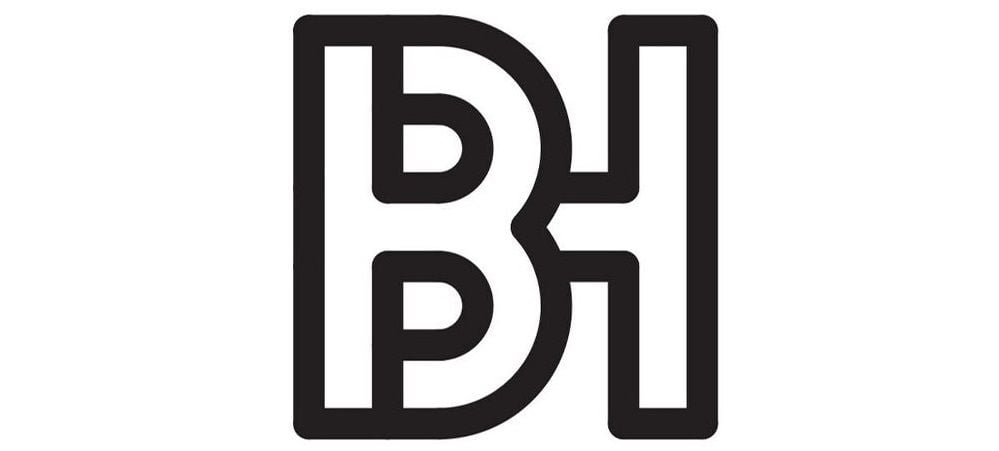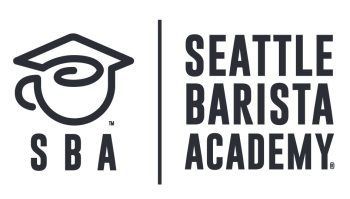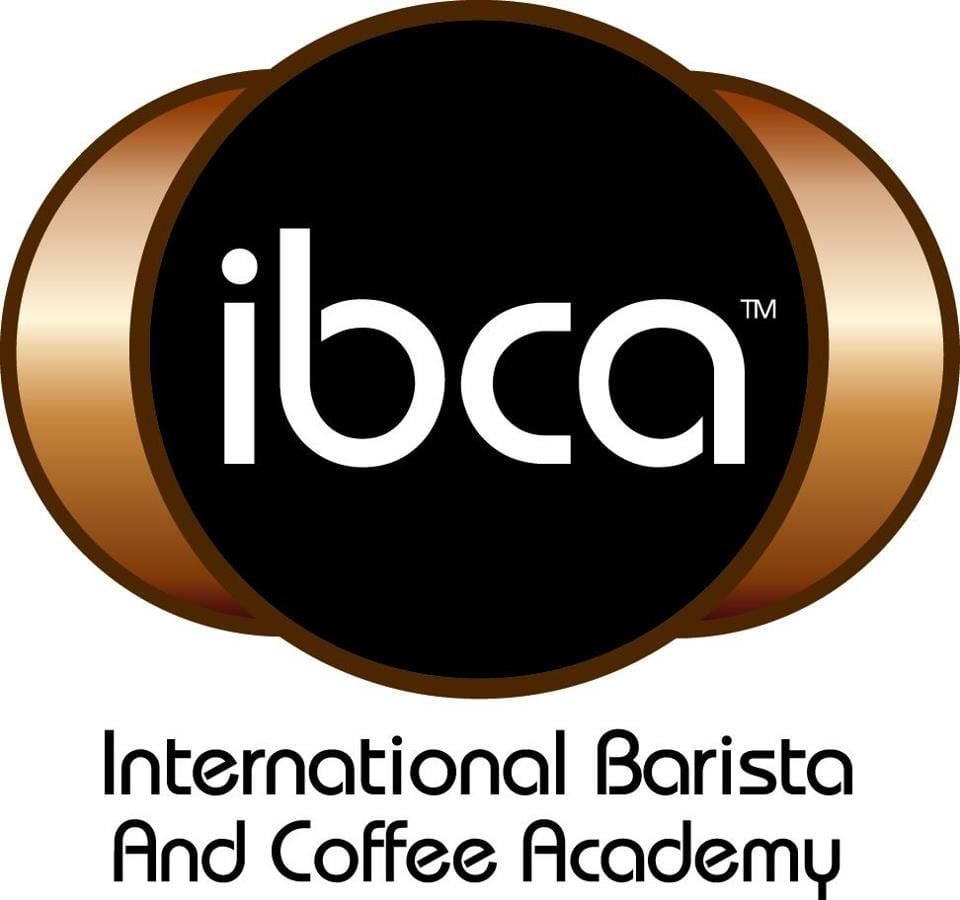How To Become a Barista: A Complete Guide
If you want to be a Barista but don’t know where to start, this guide is for you.
We’ll provide you with a step-by-step process to help you land your first coffee job in no time at all.
Our guide offers two different paths to learn the skills needed for this role: one using paid courses and the other through self-learning.
Paid Barista Courses
Below, we’ve shortlisted the most highly recommended Barista schools and courses in the country. These courses and programs will equip you with the skills and abilities needed to become a Barista.
1. Barista Hustle

[Source: Barista Hustle]
- Type of course: Online
- Cost: $12 annually for individuals and $79 annually for teams of up to 20 users
- Special perks: Includes a money-back guarantee if you don’t find the lessons helpful, offers lifetime access to all the courses on their website
Barista Hustle offers 14 online Barista classes available. The length of each class can range from one to thirty hours. It offers baseline courses that are ideal for beginners. These courses include lessons on different brewing methods, latte art and practicing mise en place.
2. Seattle Barista Academy (SBA)

[Source: Seattle Barista Academy]
- Type of course: In-person
- Cost range: $165–$2,595
- Special perks: Class size is limited, so you receive personalized training
SBA is a Barista school authorized by the Specialty Coffee Association (SCA).
The SCA is a non-profit organization dedicated to supporting the coffee industry through education, events and research.
Being authorized by the SCA means that the school has met the standards required to teach the SCA Coffee Skills Program, a globally recognized collection of modules designed to help Baristas develop important skills.
In addition to the SCA Coffee Skills Program, SBA also offers two other professional training programs — the 5-Day Professional Barista and Operations Training and the 2-Day Professional Barista Training.
The 5-Day Training is ideal for those aiming to open a coffee shop. It covers writing a business plan, menu pricing and sourcing coffee equipment.
Meanwhile, the 2-Day Training focuses on coffee fundamentals, including how to use a commercial espresso machine and the different milk steaming techniques.
3. International Barista & Coffee Academy (IBCA)

[Source: International Barista & Coffee Academy]
- Type of course: In-person
- Cost range: $245–$2,820
- Special perks: Cost covers all materials that will be used during the lessons
IBCA is also an SCA-authorized Barista school. It has training facilities in the U.S. and the U.A.E., providing Baristas with environments equipped with the latest tools and machines.
On top of the SCA Coffee Skills Program, IBCA also offers specialty courses, including Blend Development and Coffee Cocktails, which teach Baristas how to create their own custom coffee blend and make alcoholic coffee drinks.
If you want to take it a step further, you can also purchase the Technical Machine Maintenance course to learn how to care for coffee equipment and water systems.
Pros and Cons of Barista Courses and Certifications
If you were wondering how to become a certified Barista, below are the advantages and disadvantages of using paid courses to find a job in this role.
Pros:
- Direct access to industry experts
- Learning is personalized
- Can expedite the learning process
Cons:
- Can be expensive
- Can be inconvenient if the location of the training facility is far from where you live
- Online classes lack hands-on experience
Apply for entry-level Barista jobs
Our job listings for Baristas in the U.S. include employers open to hiring those just starting in their careers.
Industry experts recommend that if you’re a Barista with no previous experience, you should apply to big coffee chains such as Starbucks, as they’re more likely to be less stringent about required experience, skills and knowledge.
As shown on our Barista New York City job page and Barista Miami job page, Starbucks only requires good communication, multitasking and interpersonal skills to hire you as a coffee maker.
Becoming a Barista Through Self-Learning
If learning through paid courses isn’t going to work for you, you can always take the self-learning route. This way, you can learn how to become a barista with no experience.
This approach allows you to learn at your own pace, in the comfort of your own home, without spending any money.
1. Watch videos and read Barista interviews
One of the best ways to learn is by taking advice from established titans in your industry. If you’re interested in becoming a Barista, we’ve recently published an interview with Edilson Cremonese, an owner of a unique coffee business.
If you’re dead set on opening a coffee business one day and managing it, you can learn a ton by reading our interview with Michelle R. Johnson. From a college dropout to becoming a CEO of a successful business, she shared her tips with us to hopefully help you, the reader.
2. Read blogs and whitepapers
Aside from their paid online courses, Barista Hustle also offers an extensive library of free blogs that share tips on how to improve your latte art skills, brewing techniques and use of coffee tools.
They also provide recipes you can try at home. For example, the video below demonstrates how to brew efficiently using a French Press.
OysterLink offers free Barista resources you can read to understand the Barista job outlook, the top-paying states for Baristas and the skills needed to be successful in this role. We also offer guidance on how to answer the most common interview questions.
3. Join Barista organizations
The Barista Guild of America (BGA) was established in 2018 and is a great advocate of promoting Barista professional growth through both formal and informal education.
Joining BGA allows you to connect with other aspiring Baristas and industry experts. This can lead to job opportunities, mentorship and collaboration — all of which can help kickstart your career.
4. Practice making coffee at home
This sounds like a no-brainer, but it’s important because there are many factors that affect the taste of coffee.
In order to understand them well, you need to practice how to become a coffee Barista at home. Familiarize yourself with various roasting and brewing methods, as demonstrated in the video below.
Practicing helps you become more comfortable with handling equipment and ingredients. It also boosts your confidence.